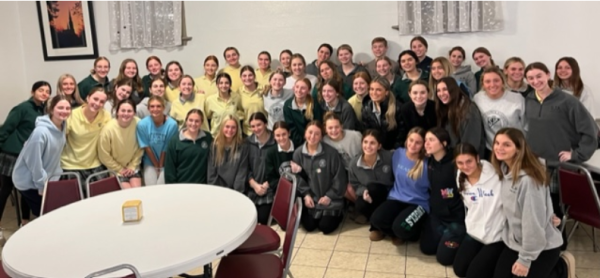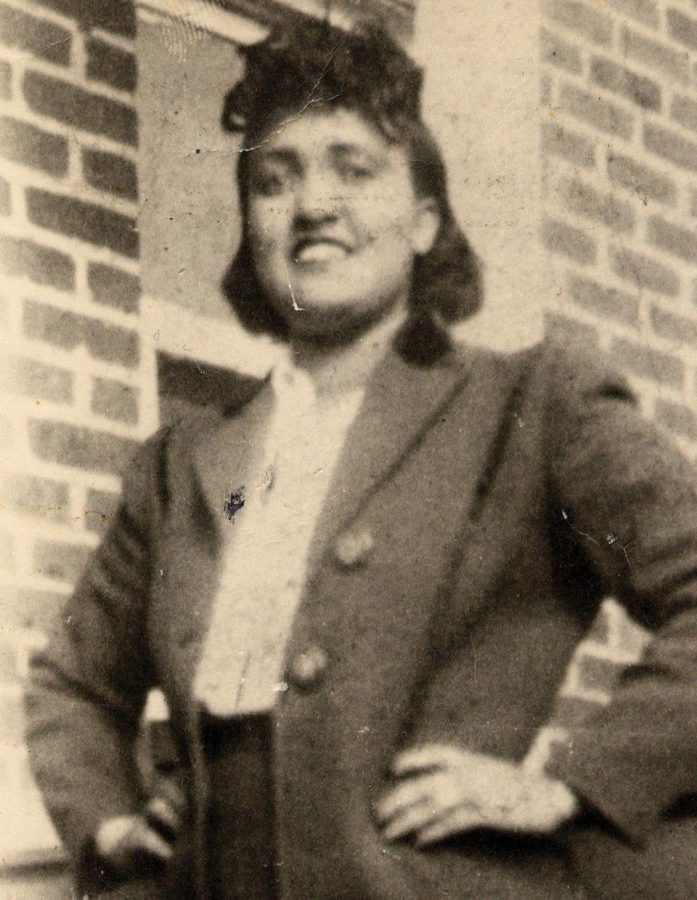Henrietta Lacks: Her Cells Live On, Saving Lives
from Broadway Books Publishing
Henrietta Lacks’ story is chronicled in The Immortal Life of Henrietta Lacks by Rebecca Skaloot.
February 27, 2019
Henrietta Lacks was born August 1, 1920, and grew up a poor tobacco farmer, without much education. As an adult, she was diagnosed with cervical cancer. Then, without her knowledge, a sample of her cancer cells were taken by doctors at Johns Hopkins Hospital and studied. Despite the terrible circumstances of her cells being used without her consent,, Henrietta’s cells were revolutionary for the world of medicine.
Nicknamed HeLa cells, hers are considered the first immortalized cell line, and are still being used today. Research on her cells have led to breakthroughs for the polio vaccine, cloning, gene mapping, in vitro fertilization, herpes, leukemia, influenza, hemophilia, Parkinson’s, AIDS, and more. Perhaps their most significant influence was the discovery that humans have 23 pairs of chromosomes.
Due to her aggressive cancer, Henrietta Lacks passed away on October 4, 1951. It was not until the 1970s that her identity was revealed. Her family spent decades unaware that a part of her lived on.
The doctors at Johns Hopkins continued to secretly use her descendants for research even 25 years after she died, and her family still struggles to be granted access to the medical advances that HeLa cells constituted.
Henrietta’s story has inspired people to fight harder for the rights of African Americans, and to correct the longstanding issues surrounding consent.
The Henrietta Lacks Foundation was founded in 2010 by Rebecca Skloot, the author of The Immortal Life of Henrietta Lacks. The foundation works to raise awareness about the dishonesty and inaccessibility to health care that Henrietta and her family faced. It also provides financial assistance to people, especially minorities, who struggle with the repercussions of non-consensual research.
The story of Henrietta Lacks truly has had an astounding impact on the world of medicine, providing a basis for new discoveries, and justice for those who have been wronged by institutionalized racism.



























